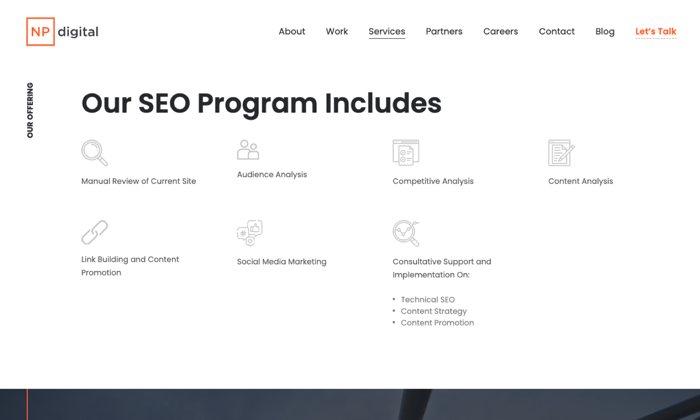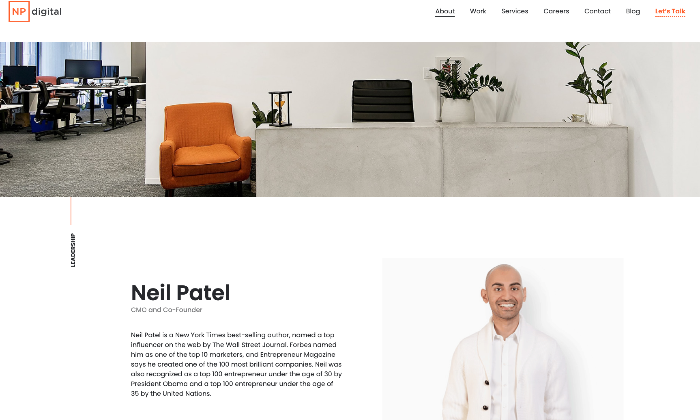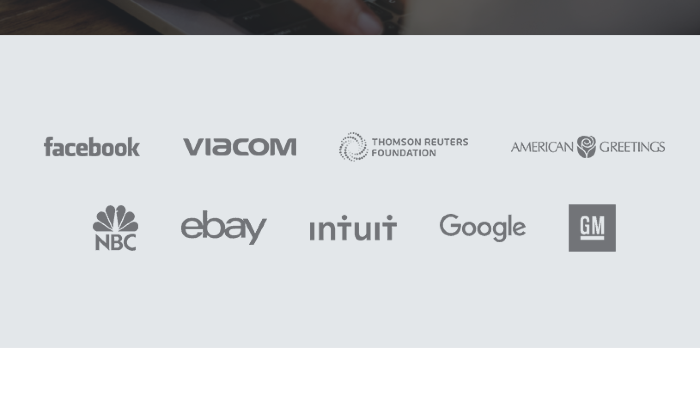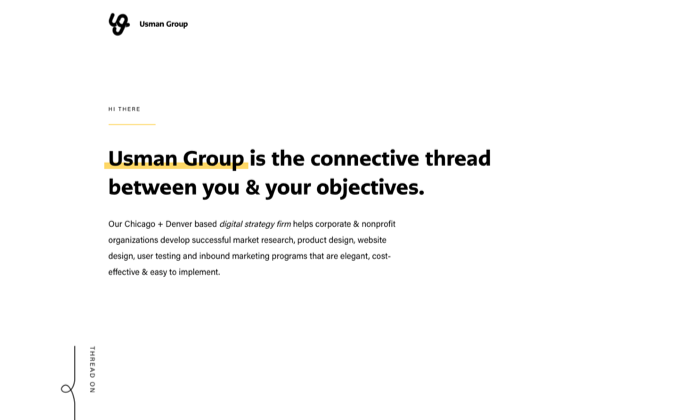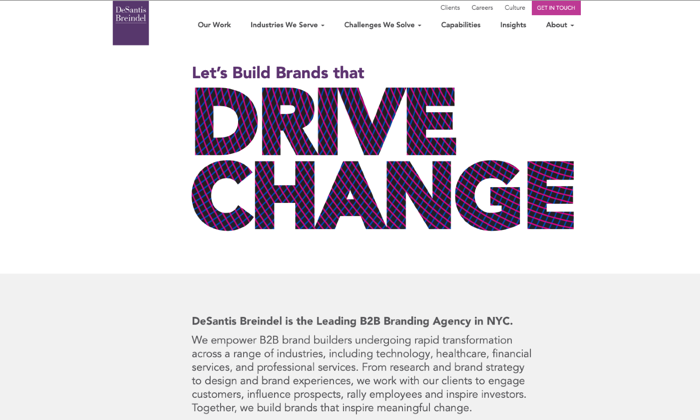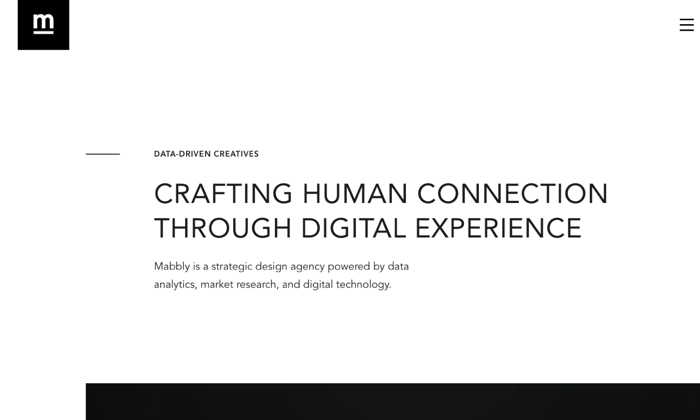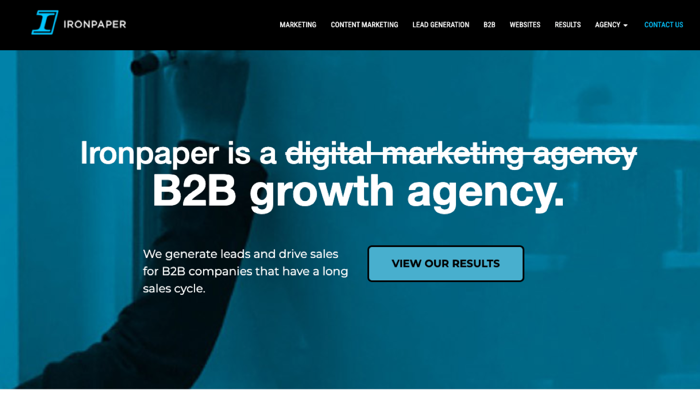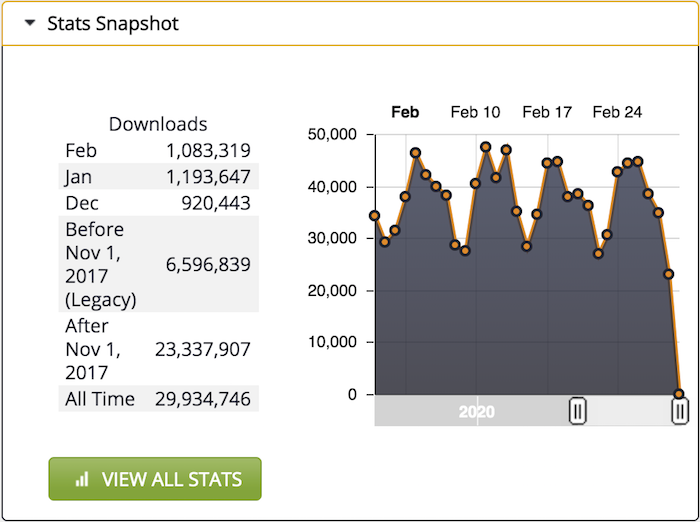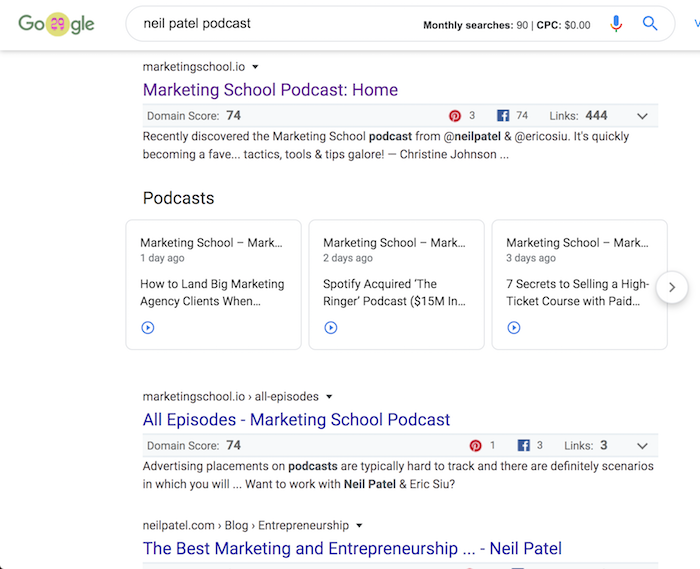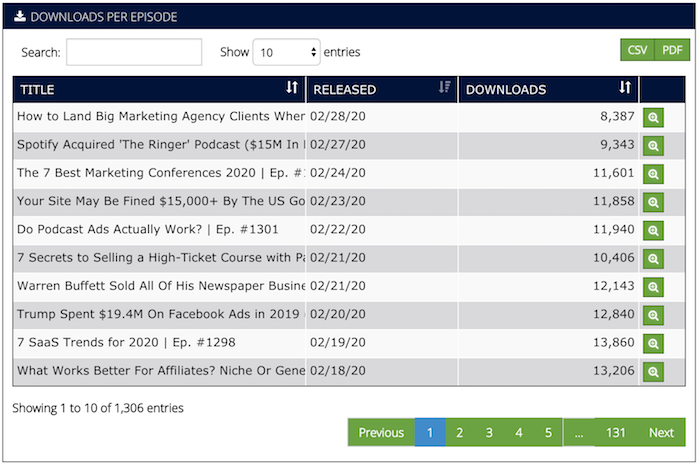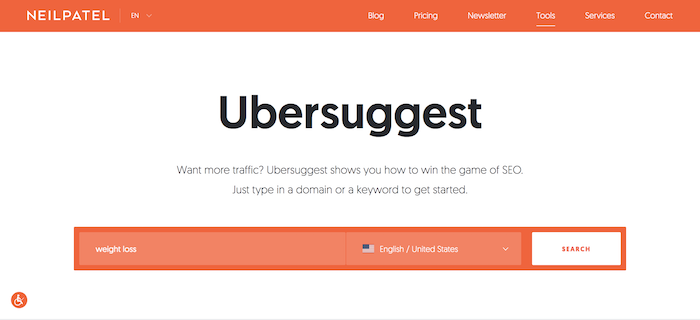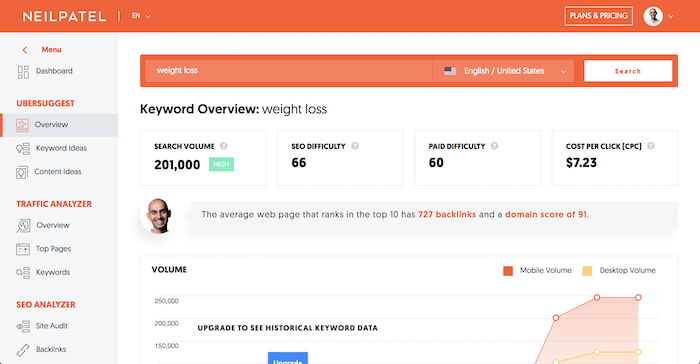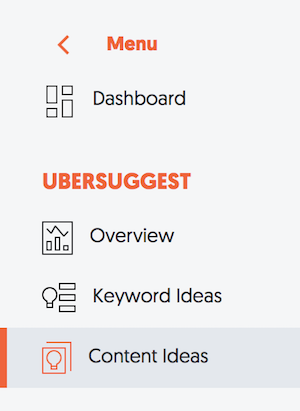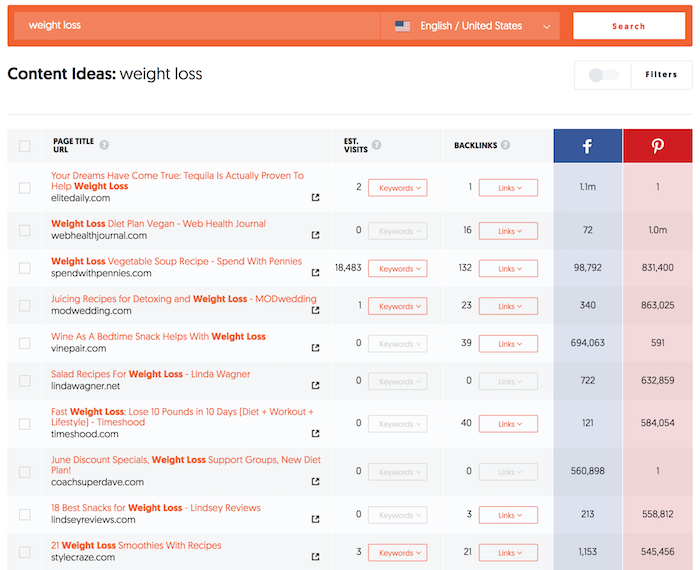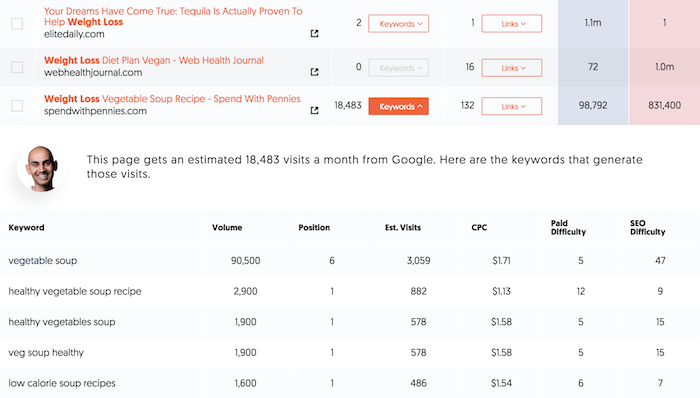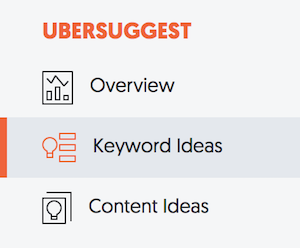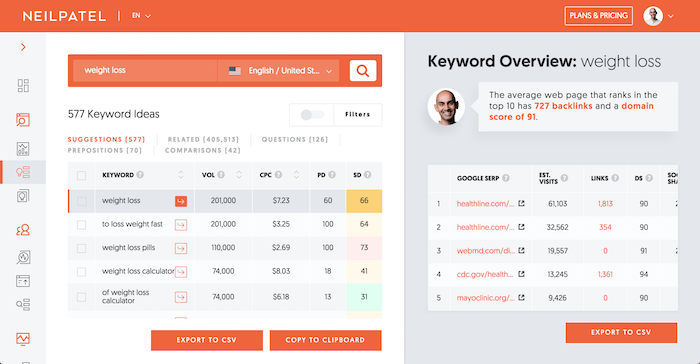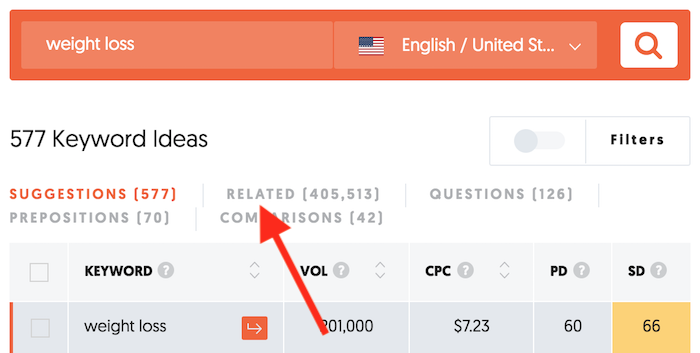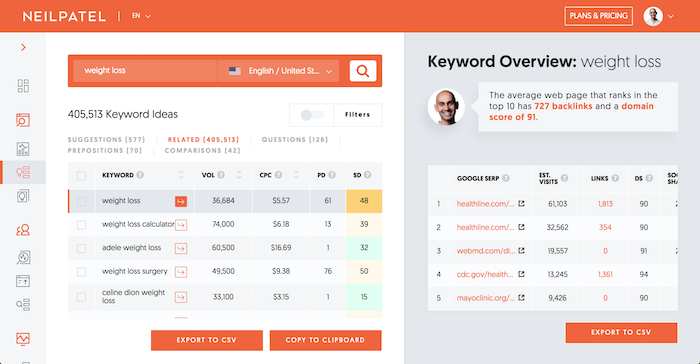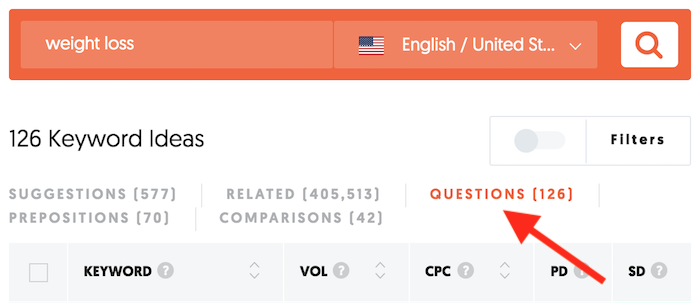
How to Develop a Winning Digital Marketing Strategy in 4 Easy Steps
According to Smart Insights, 45 percent of companies don’t have a clearly defined digital marketing strategy; 17 percent of companies have a digital marketing strategy in place, but it’s separate from their marketing plan.
This means 62 percent of companies are unprepared.
They don’t have the strategy, tactics, or tools they need to market their business well. The bad news is that marketers waste 37 to 95 percent of their marketing budget. This is really common, but it doesn’t have to be; if you have the right digital marketing strategy in place, growing your business is easier.
If you’re feeling unprepared, don’t worry.
Today we’re going to cover the important ins and outs of creating a winning digital marketing strategy.
Why You Need a Digital Marketing Strategy
Your digital marketing strategy gives your company direction. With a plan in place, you’ll have the details you need to help your company grow consistently. Your digital strategy document should:
- Define your short and long term goals
- Show you who your customers are
- Show you where you can find them
- Outline what you need to attract your customer’s attention
- Offer a step-by-step plan to attract and hold customer attention
- Show you how to analyze and improve marketing performance
Why go to all the trouble?
Is it worth the time to create a strategy document? CoSchedule’s State of Marketing Strategy Report found winning marketers:
- Document their digital marketing strategy. Marketers who document are 538 percent more likely to achieve success than those who don’t.
- Document their marketing processes. Those that do are 466 percent more likely to achieve success consistently over time than those who don’t.
- Winning marketers set goals. Goal setters are 429 percent more likely to report success than those who don’t; 81 percent of these marketers achieve their goals; 10 percent of organized marketers always achieve their goals.
- Winning marketers study their audience. These marketers are 242 percent more likely to conduct audience research four times a year. Almost 60 percent of the elite marketers featured in their study conduct audience research once or more per month.
It seems too good to be true, but it’s actually the reality.
The more time you spend thinking about your goals, getting to know your audience and planning how you’ll approach your digital marketing, the more likely you are to achieve success.
What Should Be Included In Your Digital Marketing Strategy
I’ve already given you a sneak peek, did you catch it?
To be successful, your digital marketing strategy should focus on four specific areas.
- Setting goals, objectives, and key performance indicators (KPIs)
- Understanding and defining your audience
- Creating and implementing your digital marketing strategy
- Auditing and improving your marketing campaigns
You’ll want to break each of these areas down in enough detail so you (and your team) can work with each of these areas properly. With each of these areas, you should have a pretty clear idea about:
- The information, tools, and resources you’ll need to create a plan
- Who will be responsible for creating your plan
- Who will be responsible for implementing your plan
- The KPIs and metrics you’ll use to measure the success (or failure) of your plan
- The tools and resources you’ll need to implement and improve campaign performance
Each of these points needs to be defined clearly for the four steps areas above.
Let’s take a closer look at these four areas and break things down a bit more clearly.
1. Setting Goals, Objectives, and KPIs
This step is all about deciding what you want..
Planning your marketing strategy begins with setting quantitative and qualitative goals; you’ll also want to set KPIs. These goals are sort of like the railroad tracks that keep your digital marketing strategy on the right track.
What’s the difference between qualitative and quantitative goals?
G2 has a really helpful way of defining these, so I’m going to paraphrase their definition here.
Quantitative goals can be counted, measured, or displayed using numbers. Goals like increasing monthly recurring revenue by 15 percent or boosting your conversion rate by 3 percent are good examples of quantitative goals. Qualitative goals are abstract, descriptive, or conceptual — these goals are usually tied to the question “why.” Goals like increasing customer trust or improving brand reputation are examples of qualitative goals. They’re difficult to measure but just as important.
You’ll want to make sure that your goals are:
- Challenging, realistic, and attainable
- Tied to your company’s mission, vision, and values
- Concise — 2-3 main goals 3-5 supporting goals
- Specific, clear, and timely
- Broken down into smaller, step-by-step milestones
Your goals are important, but they’re difficult to achieve if you don’t have a step-by-step plan to follow. That’s where milestones come in; milestones are tactical. They’re great because you can use them to move towards your goals quickly.
What about KPIs?
Scoro has a list of 136 KPIs you can use to jumpstart your planning. I’ve listed a few of the more common examples you can use below.
- Unique visitors per day/month
- Pages per visit
- New leads per day/month
- Marketing qualified leads (MQLs)
- Conversion rates
- Churn/attrition rate
- Cost per conversion
- Conversion rate per keyword
- ROI per content
- Click-through-rate on paid advertising
Focus is really important.
It’ll be tough to focus on lots of metrics at once. Instead, you’ll want to focus your attention on a small number of really meaningful KPIs and metrics.
Which ones are meaningful?
They’re the KPIs that have the biggest impact on your company, the ones that generate consistent returns or a large amount of cash for your company. You’re looking for the 20 percent of KPIs and metrics that produce 80 percent of your results.
That’s a pretty easy place to start.
If you’re not sure which KPIs you should focus on, start with the common KPIs and metrics that have a direct impact on your business. These are typically metrics that focus on traffic, conversions, and optimization.
2. Understanding and Defining Your Audience
You know what your goals and objectives are. Now you need to figure the same things out for your customer. This step requires some upfront research, but the success (or failure) of your digital marketing strategy starts here.
Think about it.
If you find the right customers, the people are excited to buy your product, then selling is a whole lot easier. It’s especially easier if you can understand what they want and how you can go about selling to them. So to do that, you’ll need information on your customer’s demographics and psychographics.
What are you trying to figure out?
- The size of your market: You’ll want to figure out some important details about your market —is it new or established, niche or mainstream, broad or specialized. You’ll want to figure out who the major and minor players are, market expectations, areas you can disrupt, and the financial upside in your specific market.
- Who your customers are: Are you targeting new moms, weekend warriors who are active on the weekends? You should have a basic idea of the customer you’re targeting. Are you focusing your attention on a specific niche, i.e., affluent travelers, price-conscious fashion aficionados? Use previous sales, competitor research, and market research sources like Ubersuggest and Google Trends to find the answer.
- Where they spend their time: Your customers have specific hangouts. Web developers spend their time on sites like ArsTechnica, Reddit, SitePoint, etc. New moms spend their time on sites like Babble, CafeMom, or Bundoo. If you know where your customers like to spend their time, you have a pretty good idea of the channels to target and the content to use.
- What they consume: This overlaps a little bit with where they spend their time. When there is an overlap, you’ll want to break the differences down even further. For example, your customers may spend a lot of time on Reddit, but this doesn’t tell you what they’re consuming on Reddit. Reddit is where they spend their time; the subreddit r/RobinHood is what they consume. See the difference? One tells you about their specific interests and desires; the other focuses on location.
- Why they buy: Your customers don’t buy for the same reasons. Sources like online reviews are a great way to get really helpful, in-depth feedback on why customers buy from customers themselves. You can also use tools like surveys or polls to attract responses. You’re not looking for an individual answer; you’re looking for trends.
- Where and how they buy: Do customers price shop offline, in your store, then order online from Amazon? Maybe your customers prefer a one-time purchase over recurring payment options? If you understand when and how your customers buy, you’ll be able to adjust your marketing around their expectations. Maybe that means persuading customers to do something different or stick with market expectations.
- What they need to buy: Online reviews are a helpful tool here as well. If you’re a new business, you can start with competitor reviews. Go through your competitor reviews, then make a list of the concerns brought up in each review. Look for customer objections, technology issues, complaints, reputation issues, any problem that customers felt were deal breakers. If you have reviews of your own, you can do the same thing there.
Remember the research I shared earlier?
Elite marketers study their audience, conducting audience research once or more per month. This step is important because it gives you the instructions you need to create a winning digital marketing strategy. Audience research shows you how to persuade your customers.
This isn’t rocket science.
But it requires more effort than most companies are willing to give.
Here’s why.
Most companies assume they already know their customers. They believe they know what their customers want and the best ways to approach them.
They may be right.
But the data they have on their customers changes often. Consistent research is the only way to stay on top of what your customers actually want. At this point, you’re ready for step three.
3. Creating and implementing your digital marketing strategy
If you’ve done your homework, you should have the building blocks you need to create a well defined digital marketing strategy. You should be able to identify the marketing channels that will work best for your business. There are lots of digital marketing channels you can choose from.
You can focus on:
- Content marketing
- SEO
- PPC
- Display advertising
- Online video
- TV commercials
- Mobile ads
- Channel partnerships
- Events
- Social media advertising
- Podcasts and radio advertising
- Print advertising
In fact, there are more than 51 different marketing channels you can use to promote your business. Which one are you supposed to use?
There are a few ways you can approach this.
- Investing in the channels your customers use (e.g., search, social media)
- Investing in the channels that give you independence and control (e.g., email, partnerships)
- Investing in the channels that are most common/popular (e.g., SEO, PPC, Social media)
Start by testing the channels where there’s more overlap.
If your customers use popular channels like Google search or Facebook, those are great places to start. If you’re looking for a channel that gives you maximum control and works well with other channels (i.e., email), you can start there.
Don’t forget to test.
Testing shows you what works. The tools you use for testing tend to be consistent with the channel (e.g., email comes with analytics. Google offers Google Analytics, etc.). Typically, you can branch out once you’ve identified the marketing channels that perform best for your business.
You’re looking for stability.
You want to get two to three channels working well before you decide to add more. Once you’ve identified your channels, use the data you’ve collected in step two to create the kind of marketing content that fits well with the customers you’ve identified.
Your content should:
- Attract their attention
- Be fascinating
- Discuss a problem or challenge
- Offer a solution to the problem or challenge you’ve just identified
Here’s another important detail. The research you’ve done should help you create a strong value proposition that answers the “why me?” question. Your value proposition is basically a promise. It’s the most important part of your marketing copy.
It gives your customers a persuasive reason to do business with you.
Your value proposition sets you apart from the competition. It gives your business an unfair advantage, and it gives you the opening you need to attract more customers, increase customer loyalty, command higher prices, and beat your competitors.
Here’s a detailed breakdown if you need help creating your own value proposition.
If you’ve followed the steps I’ve mentioned above, you should have the information you need to create amazing content that draws customers in.
4. Auditing and improving your marketing campaigns
If you can’t measure your marketing, you can’t improve them. Part of the reason marketers waste 37 to 95 percent of their marketing budget is the lack of measurement. Forrester’s research stated that between 60 – 73 percent of a company’s analytics data goes unused.
Companies don’t know how to work with their data.
- They don’t know which problems to fix
- They don’t know what they have
- They can’t see the value of their data
- They don’t know how to evaluate or analyze their data
- Their data isn’t available to analysts who can use it
- There’s too much data to go through and not enough people or time to use it
The other three steps aren’t all that helpful if you can’t see your marketing results. If you’re going to create a successful digital marketing strategy, you’ll need a plan that helps you to capture, report, and analyze the data.
You’ll need analysts who can use your data to solve problems.
That’s part of the problem.
Most companies don’t have the people or processes in place to handle this. This is why it’s so important for businesses to get help. It’s too much for most companies to handle on their own — small, medium, and large companies all struggle with these issues.
If this is the case for your organization, it may be a good idea to get help from an agency.
You should be able to plan, implement, and optimize your digital marketing strategy. If you can’t, it’s a good idea to get help with all or part of the process.
Conclusion
Almost half of companies don’t have a clearly defined digital marketing strategy in place. A smaller segment of respondents haven’t connected their strategy and their marketing. Most companies are unprepared; they’re not ready to handle the requirements that come with creating their digital marketing strategy.
If you’re feeling unprepared, don’t worry; use the information we’ve discussed as a guide. If you’re aware of the ins and outs of planning, you can create a winning digital marketing strategy in four easy steps.
The post How to Develop a Winning Digital Marketing Strategy in 4 Easy Steps appeared first on Neil Patel.



